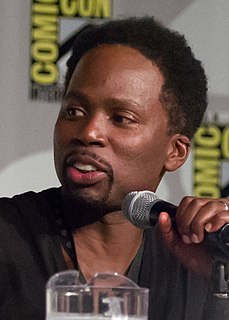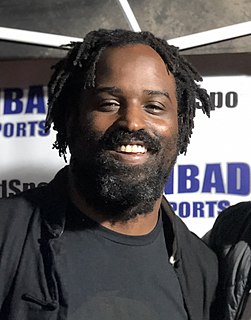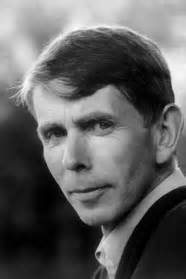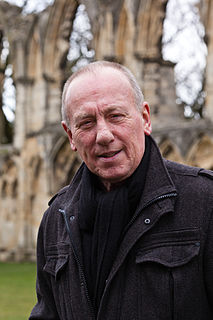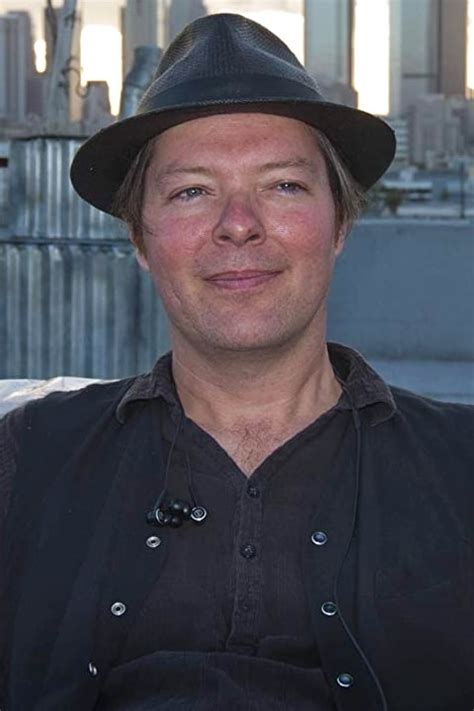A Quote by Tamara Jenkins
I just thought that was so interesting, that people that deal with bodies on a much more corporeal level, like the attendants, had a whole different set of criteria than doctors, and that they had this secret knowledge of something. I thought it was strange and interesting, so I took it to my script.
Related Quotes
I had been in a Shakespeare company for three years and done a lot of Shakespeare. That was fun. That was interesting. It was a lot of work - anything other than Shakespeare was less work. I had a lot of interesting roles, but I don't point to them and say, "That was more interesting than that," because I don't know what the criteria are.
The script [of Regression] wasn't the draw for me. It was largely Alejandro [Amenabar] and his way of talking. To hear him talking about the script was way more interesting than the script. He wrote it, and so, English is his second language. It's an interesting thing. I've had that before. I was directed by Alfonso Cuarón before, too. It's always interesting when you're being directed by somebody like that. So much of directing is about communication, and finding the right words, and what it means, and how to convey certain emotions and ideas.
My whole thing in life is I just want freedom. I thought that money would give me that freedom. I was wrong. It bound me more than it freed me, because now I had more things to worry about, more people asking for money, I thought I had to buy a house and nice cars and different things that people with money are supposed to do.
It felt really radically uncomfortable. And I was really not sure at first about releasing that body of work. But then the more I thought about it, the more I thought that that position, that location, is something that's just sort of interesting in its own right, as an experience, as a process. Again, we're talking about this rubric, this set of rules, this grid that I toss on top of different locations globally. This is what came out of Africa.
I had just finished playing a doctor in Doctors' and I had had to tell somebody that they had cancer. In that moment I thought, He's doing what I did!' We sat down and he said, I'm sorry, Mr. Timothy, but I've got bad news.' I thought, Oh!' He told me that they had found cancerous cells, but not a lot.
I really like the "two is better than three" line. People ask me is this drama or comedy? I just think the more colors you have to a film the better. The more genres, the more people will like it. I like relating to the whole general speaking public. The script itself is 99 pages but the novel it is based on is 600. I had to leave a lot of stuff out of the script. I had a limitation of what I could present on the big screen.
I did not think I had what it took to be an actor, because most of the actors that I encountered were people who were very narcissistic and I thought since I lacked narcissism to become an actor because that's what it took. It was more of a social experiment for me to walk in the shoes of other people that I found interesting.
I was approached by the filmmakers. I didn't know much about the project ["Selling Isobel"], and the more we talked, the more they started to confide in me. I read the script and thought it was really interesting, and then a week later I discovered that this wasn't just any old script, this was actually Frida's [Farell] story and she was trusting me to tell it. I felt very privileged.
I just find this interesting that Ronald Reagan was regarded much the way Donald Trump is except Reagan was governor of California. He had run for the nomination the Republican Party in '76. But he was laughed at. They thought he was dumb then. They thought he was slow minded and dim-witted back then. They thought he couldn't speak. They thought Reagan - amazingly, a guy that later became known as the Great Communicator - couldn't speak.


